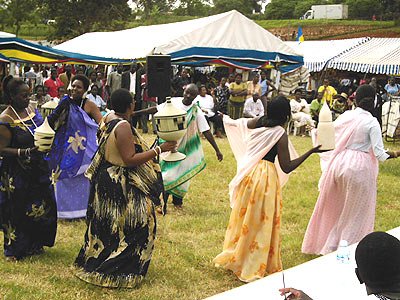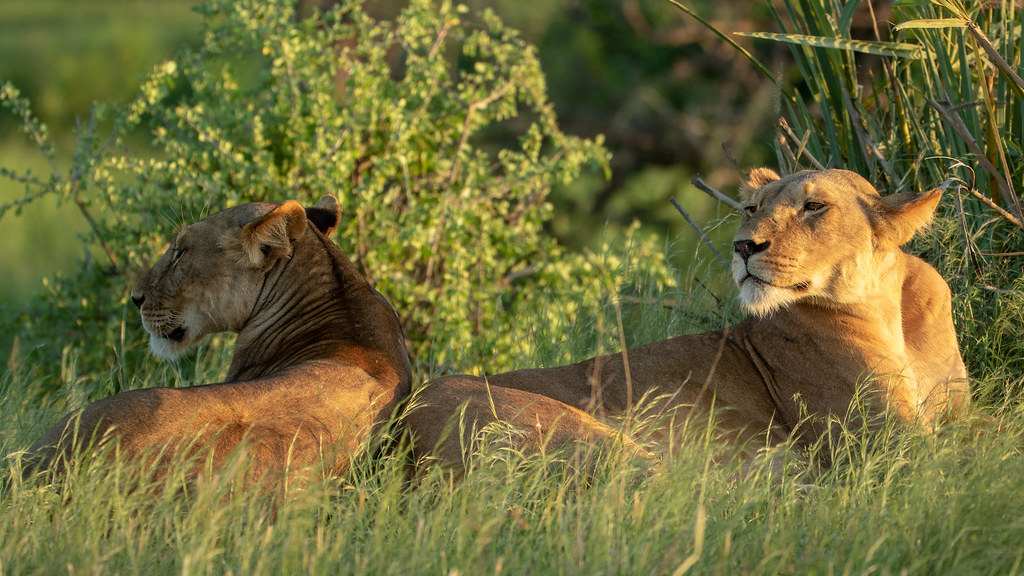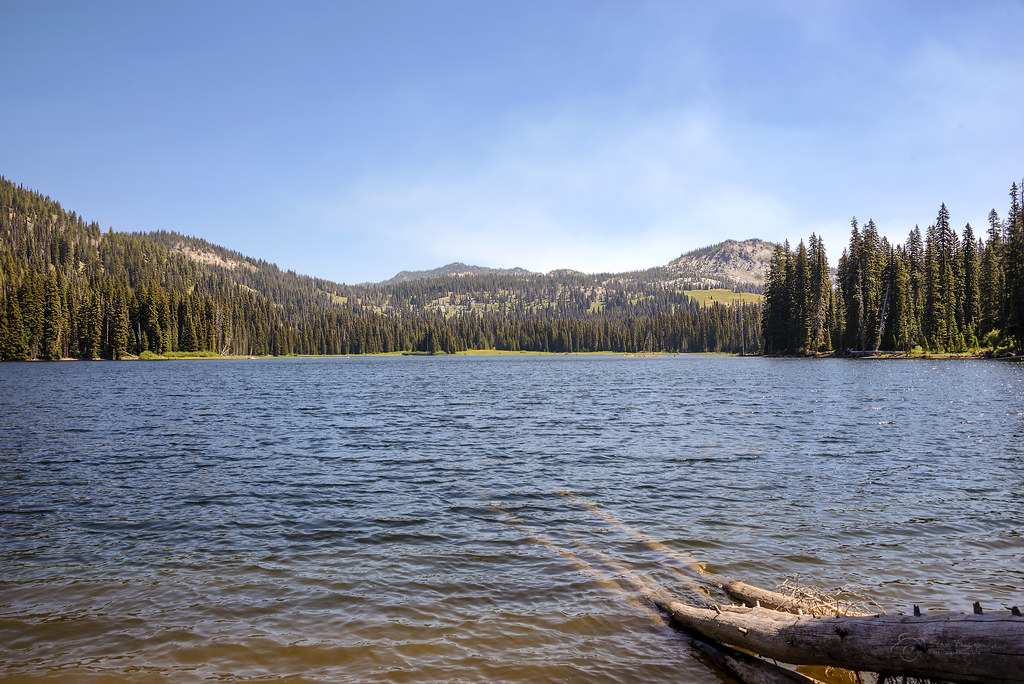
The Banyankole in Uganda
The Banyankole in Uganda.
An ethnic group indigenous to southern Uganda, namely the Ankole sub-region, are the Banyankole. They speak Bantu and are renowned for their rich customs and cultural history.
Owning cattle is very important to the Banyankole, who are expert cattle herders. The Banyankole are known for their unique traditional attire, which includes headdresses and vibrant robes. The “Entogoro” drumming technique is part of the rich musical and dance traditions of the Banyankole. Storytelling is very important to the Banyankole, who have a strong oral tradition.
Runyankole, a Bantu language that is closely linked to other languages spoken in the area, is spoken by the Banyankole.
The Banyankole are expert farmers who cultivate sweet potatoes, beans, and maize. The Banyankole are renowned for their proficiency in breeding and grazing cattle. The Banyankole have a long history of trading, especially in agricultural items and cattle.
Notable individuals in Ankole include Sir Edward Mutesa II, a Banyankole king who was instrumental in the fight for Ugandan independence, and Omugabe Irukanduro, a legendary Banyankole monarch renowned for his courage and wisdom.
The center of Banyankole culture, Mbarara is the biggest town in the Ankole subregion. The village of Ntungamo in southwest Uganda is renowned for both its Banyankole traditional history and its natural beauty. Situated in the Ankole district of southwest Uganda, Lake Mburo National Park is renowned for its varied fauna and scenic splendor.
About 290 kilometers separate the capital city of Kampala and the city of Mbarara in southwest Uganda. The administrative and commercial hub of Mbarara District, it is the biggest city in the Ankole sub-region.
The rich history of Mbarara extends back to the time before colonization. One of the strongest kingdoms in the area, the Ankole Kingdom, had the city as a major focus.
The diversified economy of Mbarara, a significant economic center in southwest Uganda, is founded on:
Agriculture: The city is a major hub for the production of crops and cattle because it is surrounded by fertile agricultural area.
Trade: With a thriving market and a large number of stores and enterprises, Mbarara is a significant trading hub.
Manufacturing: The city’s manufacturing industry, which includes the food processing, textile, and building material industries, is expanding.
The Ugandan Banyankole
The Ugandan Banyankole
The Ankole culture has had a significant influence on Mbarara, a city rich in culture. What the city is renowned for:
Traditional dance and music: A range of traditional dance and music ensembles that highlight the distinctive cultural legacy of the Ankole people can be found in Mbarara.
food: The city is well-known for its traditional food, which includes dishes like “luwombo” (a stew cooked with beef or fish) and “matooke,” which are steamed or boiled green bananas.
Crafts: Mbarara is renowned for its thriving craft sector, where craftspeople create a variety of traditional crafts including as textiles, basketry, and woodcarvings.
Mbarara’s Points of Interest
Mbarara Market: A busy marketplace offering a variety of products, including as crafts, souvenirs, and fresh fruit.
The history and culture of the Ankole people are displayed at the Mbarara Museum.
Near Mbarara, Lake Mburo National Park is a national park renowned for its varied species and scenic splendor.
Bunyaruguru Crater Lake is a picturesque crater lake with trekking options and breathtaking views close to Mbarara.


